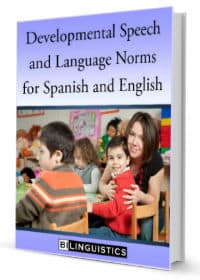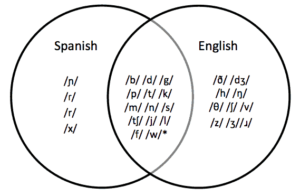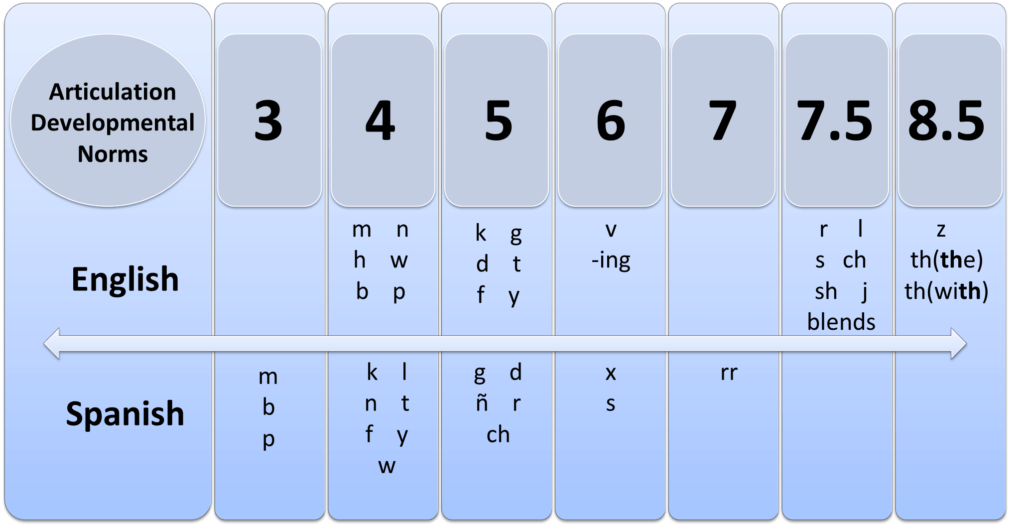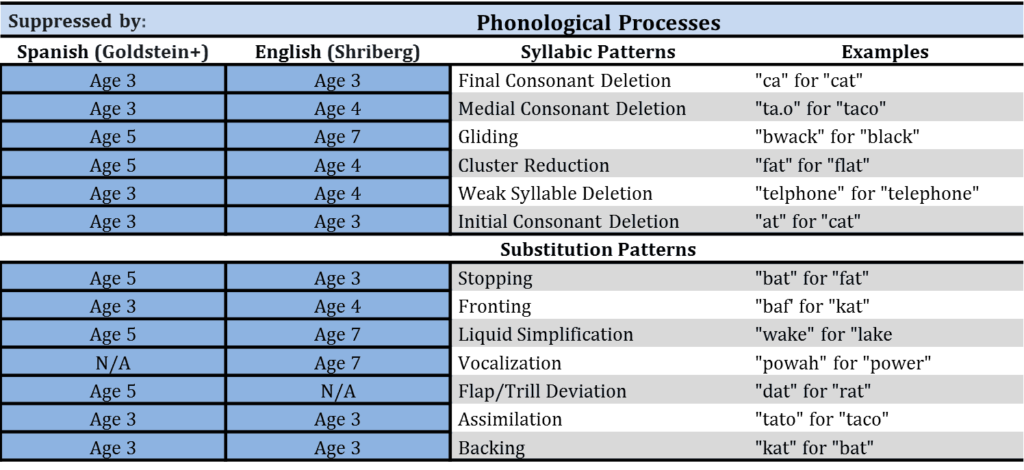 We field a lot of questions about whether or not a student will qualify for speech therapy. We are happy to do it because everyone learns a lot by watching someone else go through the process. I received this email last week, and I asked if I could share because I thought it would be beneficial to a lot of us.
We field a lot of questions about whether or not a student will qualify for speech therapy. We are happy to do it because everyone learns a lot by watching someone else go through the process. I received this email last week, and I asked if I could share because I thought it would be beneficial to a lot of us.
Hi Scott!
One of the kids that I tested had a qualifying score on an articulation/phonology test in Spanish but not in English. We talked about it and you suggested that he should qualify and I should address the sounds that he struggles with in both languages. We also spoke about the BAPA so I bought the app because I really liked how you explained that it worked (I really love it!).
I had been discussing this all morning with one of my co-workers, however, she is not bilingual and did not want to give me false information (I’m a CF and the only bilingual therapist in the district). I’m still a little confused and would really appreciate it if you could help, please!! So:
If a student has a qualifying score in articulation in one language but not in the other, is it a difference rather than a disorder (just like with language testing, they have to qualify in both languages to be considered a disorder)?
Here are his results(district criteria for qualifying <7th percentile):
4yr 11mo – make
Standard score:
Eng: 79; PR 16th
Span: 72; PR <5th
He is basically producing the same errors in both languages:
- Fronting: t/k, d/g, w/r
- Some extra errors in English:/f/ for /th/ and /d/ for voiced-/th/
The question is, does he qualify for speech therapy in the schools?
(exactly the question that was left unanswered in this blog post!! ) But I would really like to know to make a decision on this child, please!!
I thank you in advance for your help.

Hi! Great questions. First, kudos to you for thinking on this deeper level. With Speech, we initially qualify students based on errors that are made on sounds that both languages share. So in your student’s case, we want to consider t/k, d/g, w/r and not focus on /th/.
This depends on age too.
For a child 4:11:
In English he should be working on t/k, d/g
In Spanish he should have mastered t/k, and should be working on d/g, w/r
We are less concerned about the sounds that 1) do not exist in both languages and 2) are not appropriate for age ( English: f/th, d/th… )

We then have to consider phonology

The way you have it written out it looks like he is fronting (t for k). This should be resolved at this age in both languages..
Stay tuned for our follow-up post about this case study. We still need to address intelligibility. And, in this case, it is the most important factor when considering whether the child will qualify for speech therapy.
Resource: Difference or Disorder Book



Great Article, can’t wait to share it with my Teachers!
Frances, we’re glad the post was useful to you. From our experience, sharing this information with our classroom yields great outcomes.